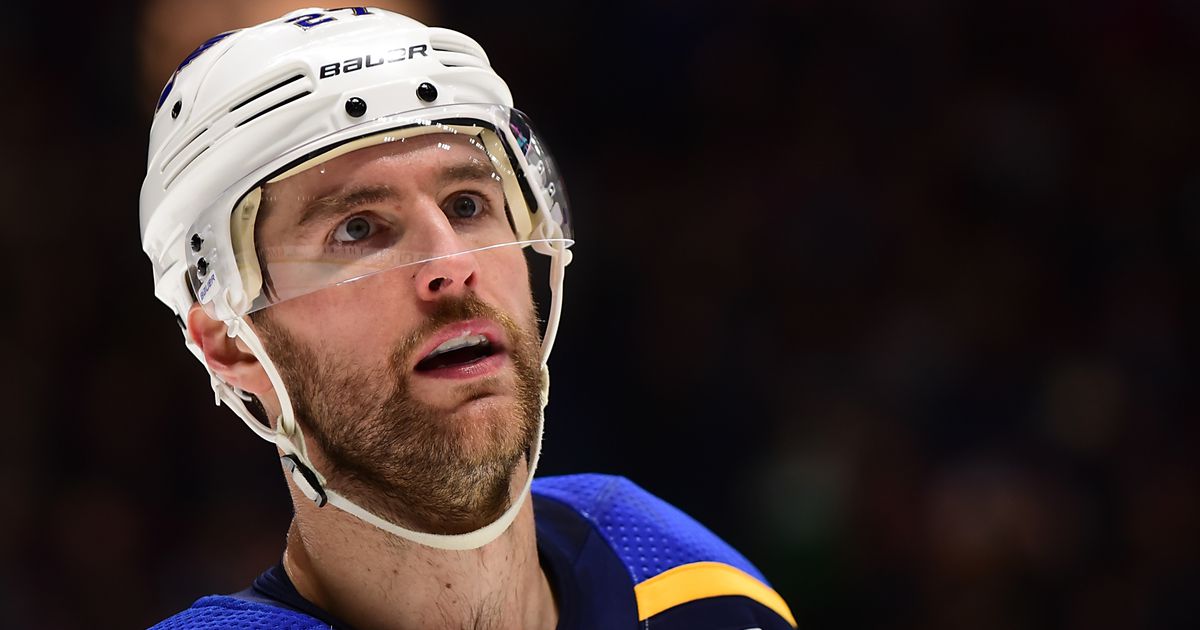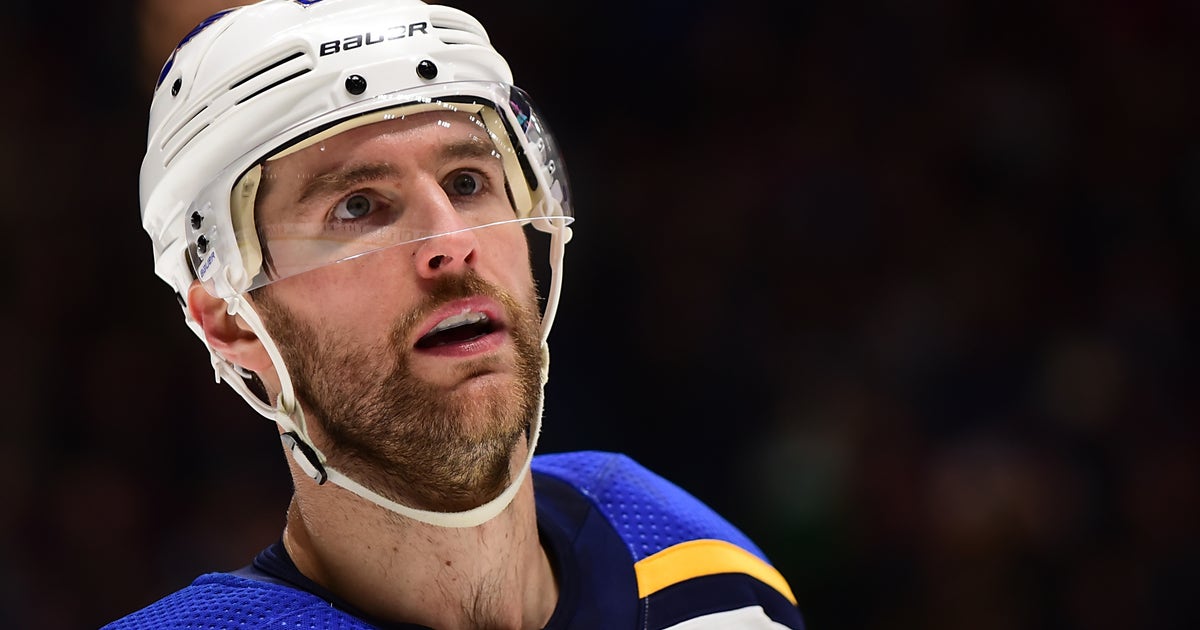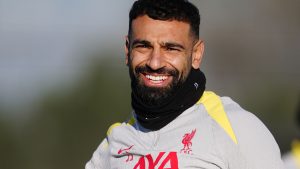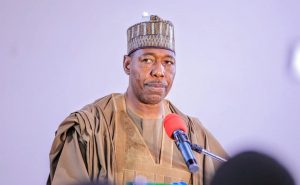Uncertainty still surrounds NHL free agent market as flat cap limits teams’ spending power


After an easy decision atop the NHL draft, general manager Jeff Gorton doesn’t know what his New York Rangers or any team will do when free agency opens on Friday.
“I don’t think it’ll be like last year, that’s for sure,” Gorton said.
It won’t be like any year in the history of NHL free agency. For the first time since the salary cap was instituted in 2005, it will remain flat — at $81.5 million — from one season to the next because of revenues lost to the pandemic. That has left everyone in the dark about what the market will look like and how much players will make.
“There’s just not the dollars out there,” Toronto GM Kyle Dubas said Wednesday. “Certainly the agents, I think, that have a deep read of the market are preparing for the fact that this may not be free agency as usual.”
The league and players agreed to freeze the salary cap for at least next season, and executives are bracing for it to remain there for 2021-22. With less room to maneuver, this odd October market won’t provide the kind of payday a lot of free agents were hoping for.
Sure, the cream of the crop — defensemen Alex Pietrangelo and Torey Krug and winger Taylor Hall — are likely to get paid close to their pre-pandemic value. But there is a lot of uncertainty about the other talent available, from winger Mike Hoffman to defenseman Tyson Barrie and goaltender Braden Holtby.
“The top players are going to get their money right away,” Dallas GM Jim Nill said. “I think after that, our league could be at a slow pace the next 4-6 weeks. … The next group of guys, I think teams are going to be patient.”
As Gorton pointed out, no one planned the past several years for COVID-19 contingencies, and now it’s a struggle to keep players under the cap, let alone spend in free agency.
“We projected in a world where the cap’s going up and growing every year, and now it’s not,” Columbus GM Jarmo Kekalainen said. “There’s a lot of teams in this league that will make hard decisions and lose a player that they really like just because they have to fit under the cap.”
So what about adding players? Usually, free agency is a frenzy when the clock hits noon on the East Coast and most of the top free agents are snapped up within hours.
Not so fast this year, in part because less money is available and also because the new collective bargaining agreement eliminated the pre-free agency interview period. Teams are not legally able to talk to agents about players until Friday.
“It’s an unknown for everybody,” said Edmonton GM Ken Holland, who expects to add a goalie in free agency. “Last year, there was an eight-day interview period, so when the bell struck there were a lot of deals announced. This year, in some cases, players are going to want to take a little bit of time to talk to some teams, so there’s a possibility it might move a little slower.”
Some might be quick. Henrik Lundqvist could start talking to teams as soon as he was bought out by the Rangers and seems ticketed for the Washington Capitals, who are letting Holtby leave.
The goalie market is the most interesting to watch, given the options out there: Stanley Cup-winning Holtby, Dallas playoff hero Anton Khudobin, Vancouver’s Jacob Markstrom, two-time champion Corey Crawford, the Islanders‘ Thomas Greiss, Ottawa veteran Craig Anderson and Calgary’s Cam Talbot.
There are trade options, too, like Marc-Andre Fleury, after Vegas signed Robin Lehner to a $25 million, five-year contract that could set a precedent for Markstrom, Holtby and the others.
“When you’re dealing with goalies, that’s a whole separate animal, a whole separate market in itself,” said Winnipeg GM Kevin Cheveldayoff, who has 2020 Vezina winner Connor Hellebuyck signed through 2023. “You either have goaltenders or you need goaltenders, it’s as simple as that.”
There’s also plenty of need for a one-time MVP like Hall, or a 29-goal scorer like Hoffman. And in a league that keeps getting younger and more skilled, there are a handful of potential difference makers 26 or younger like Alex Galchenyuk, Dominik Kahun and Anthony Duclair.
Kahun and Duclair were among the restricted free agents not tendered qualifying offers because of the cap ramifications, part of Kekalainen’s “hard decisions” prediction that’s already playing out.
It’s all part of an unprecedented offseason in preparation for the NHL aiming to start next season Jan. 1.
“The uniqueness of this time, nobody really has anything to refer back to — where we’ve been, where we’re going,” San Jose GM Doug Wilson said. “So it’s a lot of questions that are asked that haven’t been asked before.”







